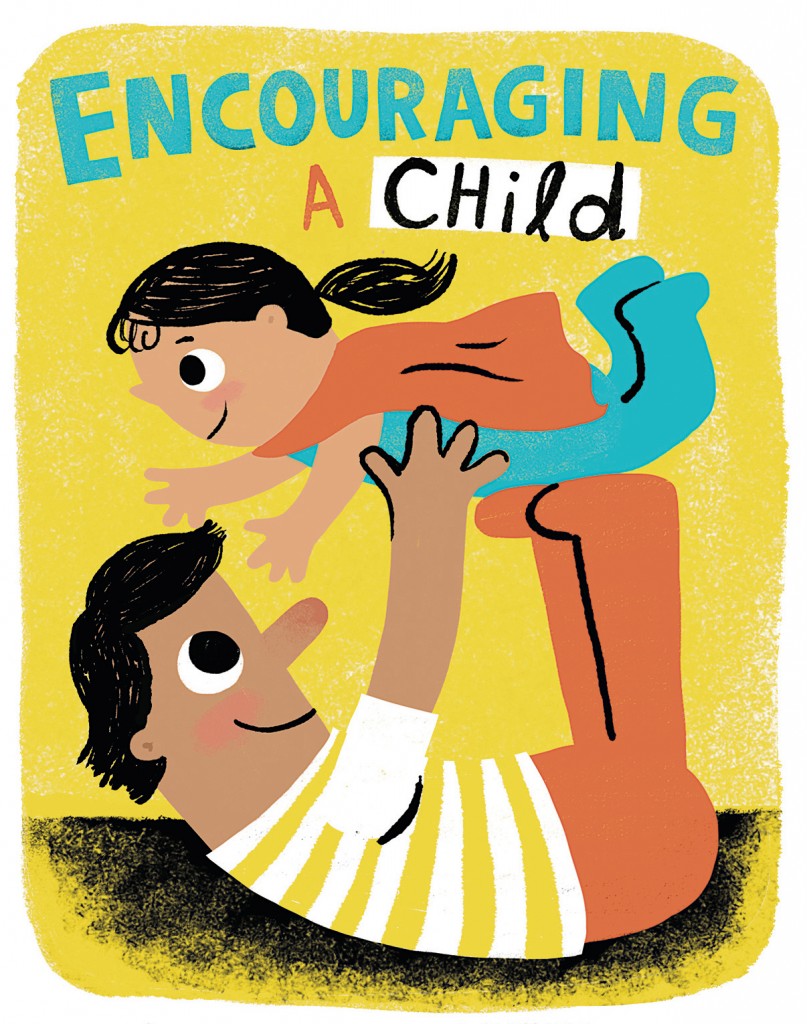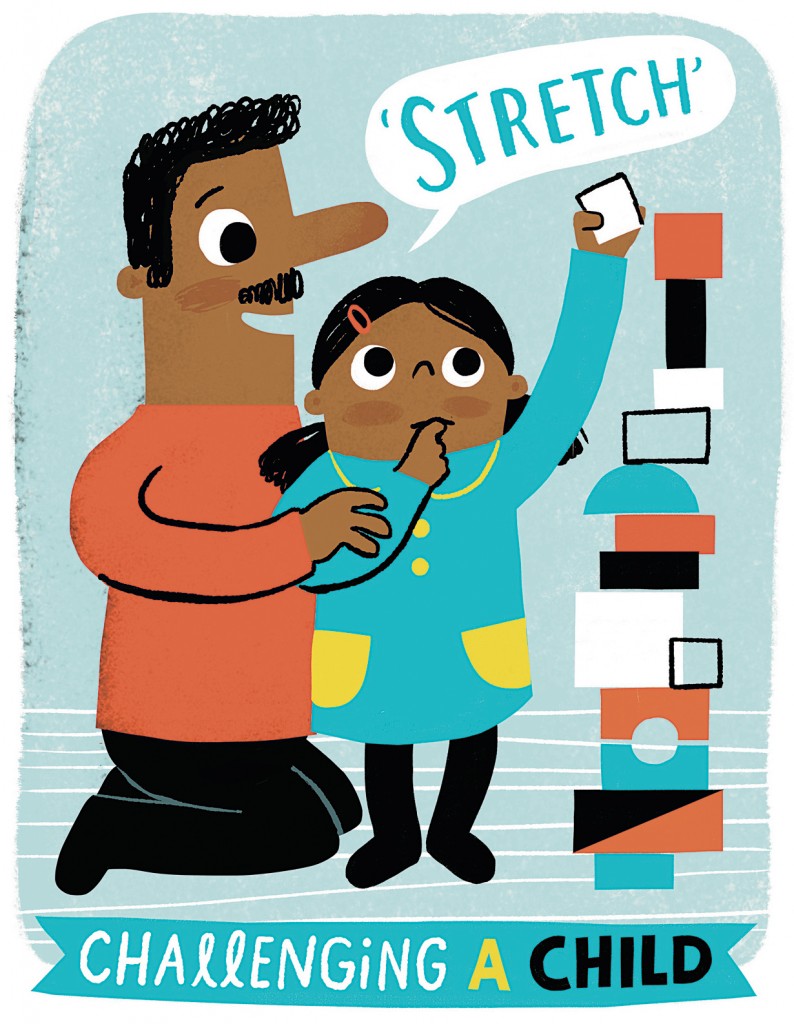Dads bring a special and different stimulus to childhood development. In this WSJ story, we learn that mothers and fathers have increased oxytocin levels after the birth of their child, but this bonding hormone causes different reactions and therefore different interactions.
“Both men and women have a hormonal response to becoming parents, marked partly by increases in oxytocin, a neuropeptide that fosters bonding and trust. Oxytocin is linked with different responses in new fathers’ brains than in mothers’, research shows. In women, it is associated with activation of brain regions based in the amygdala and expressing emotions. In men, it is linked with increased activity in regions of the cortex associated with planning and mentalizing, or understanding others’ viewpoints.”
“New parents also exhibit differences in bonding behavior. In a study of 100 mothers and fathers interacting individually with their five-month-old infants, mothers tended to gaze into their babies’ eyes, mimic their babbling and touch them affectionately, according to a 2013 study in Attachment & Human Development. Fathers were more likely to arouse the babies, using quick motions to get them to laugh or encourage them to explore.”
One of the keys in this study is about how we play.
Children got more hyped up and showed a wider range of emotions when playing with their fathers than with their mothers. “This is the zone where they learn” to control themselves if they get excited or upset, Dr. Bureau says. “A landmark of optimal fatherhood” may be the ability to maintain sensitivity and emotional rapport during rambunctious play, he says.
The study also found that for same-sex male parents, one male adapted and mirrored the traditional response of a mother.
“The brains of homosexual fathers who are their babies’ primary caregivers show as much activation of the amygdala-based parenting network as the brains of mothers, according to a 2014 study led by Ruth Feldman, a neuroscientist and psychologist at Bar-Ilan University in Israel. This suggests the brain’s parenting network can be developed by anyone who takes the lead on infant care.”
Our only grip with this article… The headline: “Moms, Let Dad Be Dad.” There’s a tone there that implies mothers don’t let Dads be Dads. Totally Unnecessary and distracting from the story.
“Parents serve as a secure base for exploration and risk-taking and provide a safe haven for a child in times of distress. Yet many of the standard assessments scientists have used to analyze the parent-child bond underemphasize the importance of exploration and risk-taking and fail to capture dads’ role in encouraging it.”
Criteria for good parenting aren’t always the same for moms and dads. For example, many yardsticks code “intrusiveness” or pushiness—such as interrupting a child’s play or choosing a game instead of letting the child decide—as a bad thing. It is true that children tend to react badly when mothers are intrusive, but “when fathers are intrusive, children aren’t that unhappy,” Dr. Cabrera says. Researchers are taking note of such nuances, she says: “If the father is happy and the child is happy, it’s not intrusive.”

ILLUSTRATION: LINZIE HUNTER FOR THE WALL STREET JOURNAL


